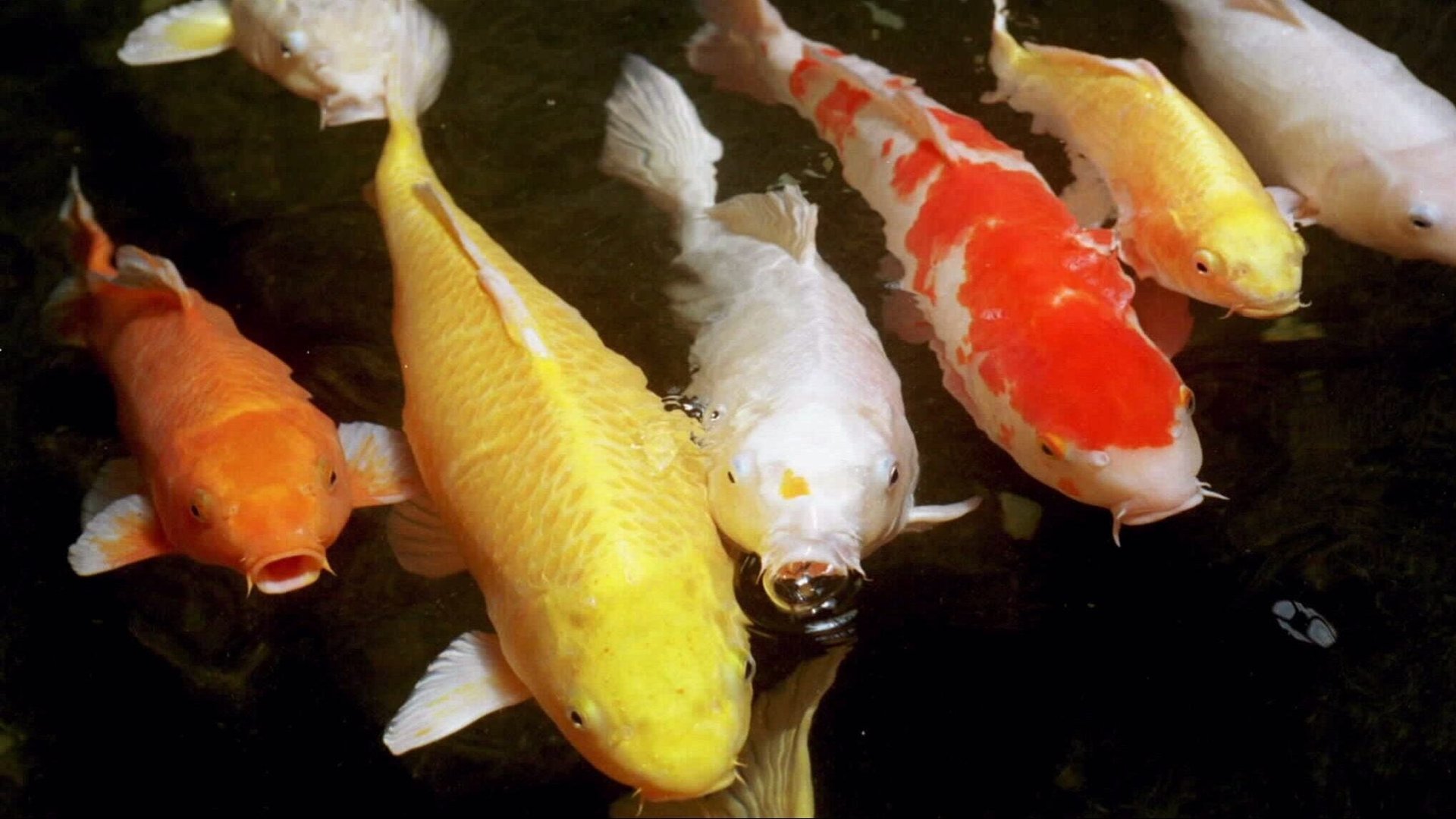The showdown between a Vancouver otter and a pond full of koi offers a valuable lesson for humans
This week, there were only two types of people in the world: #TeamKoi and #TeamOtter.


This week, there were only two types of people in the world: #TeamKoi and #TeamOtter.
The public is divided over the tale of a local otter preying on expensive koi fish at the Dr. Sun Yat-sen Classical Chinese Garden in Vancouver. Over the last week, the garden has evacuated koi to the Vancouver Aquarium, and yesterday, it began efforts to drain the pond to retrieve the remaining fish.
Team Koi feels bad for the beautifully patterned fish, who can’t defend themselves against the big bad otter’s attacks. “I am on #TeamKoi because the koi and their presence in Chinatown matter deeply to a culture, and so, to me,” writes Melody Ma in The Tyee. “The oldest koi at the garden is more than 50 years old, longer than I have been alive.” Team Otter, meanwhile, applauds the otter’s ingenuity, pointing out that the animal is just doing what comes naturally; who’s going to turn down a delicious free buffet? (If you want to pick a side, there are even pins you can wear to rep your team.)
Wherever your allegiances land, there’s one faction that made a clear miscalculation in all this: Team Human. Otters are native to the Vancouver area, and they prey on fish; they have no way of knowing that a koi can be valued at thousands of dollars. But humans have a long history of losing control over the animal kingdom.
Exotic pets like chimpanzees, pythons, and bears have been known to turn on their owners. Animals introduced to a new habitat for pest control or farming have taken over, decimating native species; for instance, the Nile Perch, introduced to Lake Victoria for the enjoyment of fishers, has eaten its way through thousands of the lake’s native species.
Another recent example is playing out in the state of Washington right now. In the 1920s, hunters brought goats to Washington’s Olympic peninsula, thinking it’d be nice to have some game around. A century later, the goats have thrived. Problem is, part of that peninsula has been designated as Olympic National Park, and the goats are sharing trails with humans, who are now annoyed with the animals being in the way. (In one case, a man’s death was blamed on a goat.) So, this summer, the NPS began the process of airlifting goats out of the park, then driving them hundreds of miles in refrigerated trucks into the Cascades, where the animals will hopefully become incorporated with the existing goat population there.
The process of removing the Chinatown Otter will be much less involved, but city officials have similar plans for dealing with the creature. It will be relocated to the Fraser Valley, where many other otters live. The Sun Yat-sen Garden is making plans, too; they’ve announced that they’re accepting donations for replacement koi, and will launch a fundraising campaign.
But as Jeff Goldblum’s character Ian Malcolm famously says in Jurassic Park, “Life, uh, finds a way.” Once that pond is restocked, what’s stopping another otter from stumbling upon the pond and having another very expensive feast?